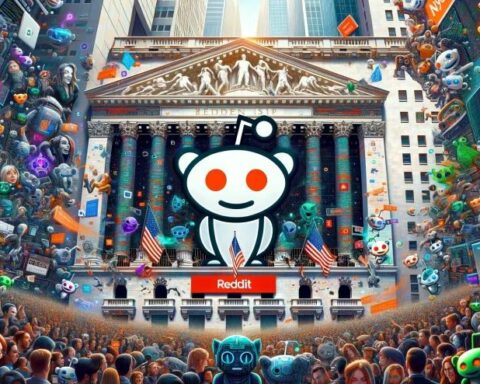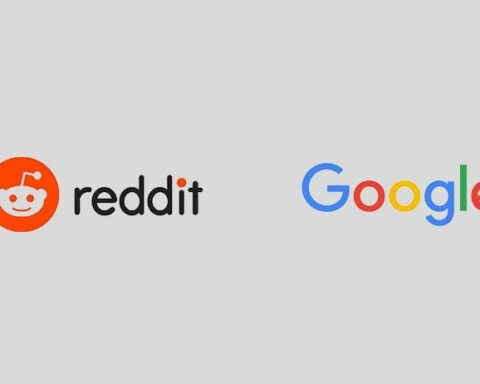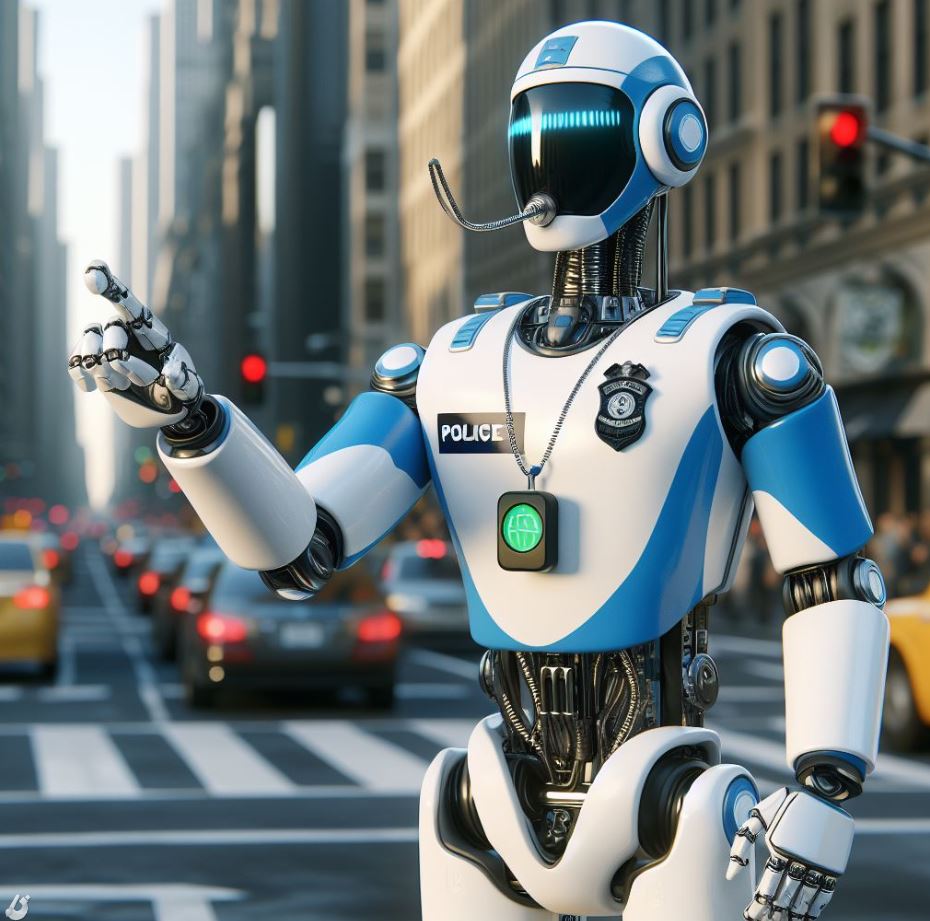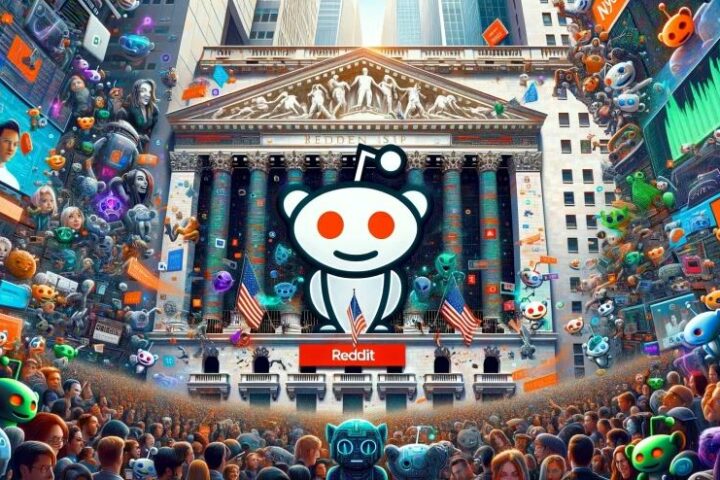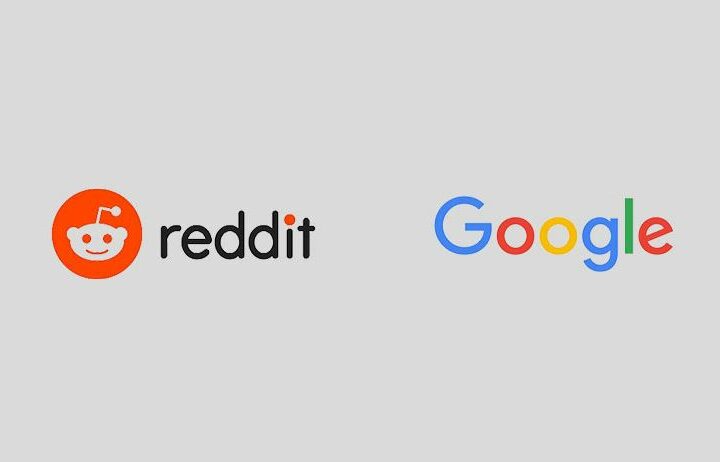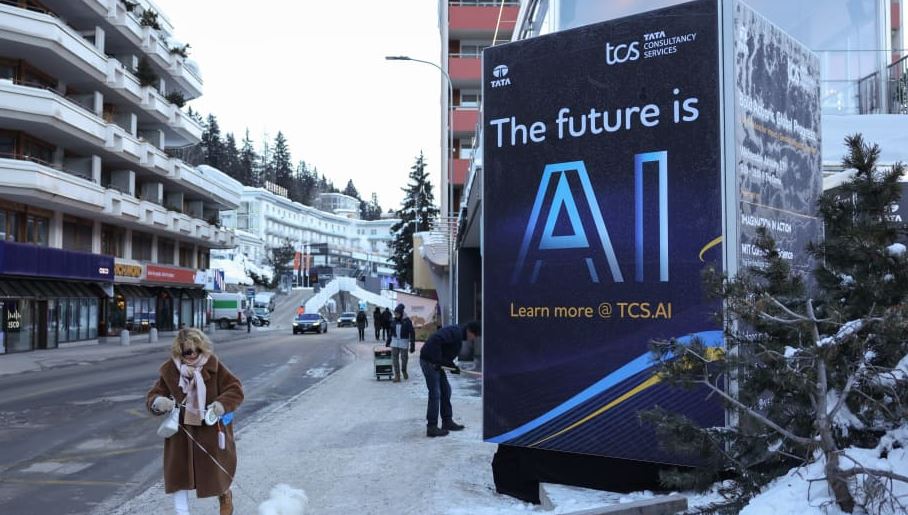
A recent analysis by the International Monetary Fund (IMF) sheds light on the profound impact artificial intelligence (AI) is having on the global job market.
With the potential to affect nearly 40% of all jobs, AI’s influence on the workforce is undeniable. The integration of AI into various sectors brings both opportunities and challenges, prompting a critical discussion among global business and political leaders, notably at the World Economic Forum in Davos, Switzerland.
The Global Impact of AI on Employment
- The IMF projects that AI could influence about 60% of jobs in advanced economies, potentially enhancing productivity for half of these roles.
- Conversely, AI’s capability to perform tasks currently done by humans could diminish labor demand, impacting wages and job availability.
- In contrast, only 26% of jobs in low-income countries are expected to be affected by AI, according to the IMF.
Kristalina Georgieva, IMF’s managing director, emphasizes the risk of AI worsening overall inequality. This trend is particularly noticeable in low-income countries, which may lack the infrastructure and skilled workforce to harness AI’s benefits.
Georgieva states, “It is crucial for countries to establish comprehensive social safety nets and offer retraining programmes for vulnerable workers,” advocating for an inclusive AI transition that safeguards livelihoods and curbs inequality.
Varying Impact Across Economies
- Higher-income and younger workers might experience a disproportionate increase in wages post-AI adoption.
- Lower-income and older workers, however, could find themselves at a disadvantage.
- Goldman Sachs’ 2023 report suggests that while AI could replace 300 million full-time jobs, it may also create new job opportunities and boost productivity.
Global Response and Regulation of AI
The surge in AI applications like ChatGPT has led to increased regulation worldwide. Recent developments include:
- The European Union reaching a provisional deal on comprehensive laws to regulate AI usage.
- China implementing some of the world’s first national regulations on AI, focusing on algorithm development and deployment.
- The United States, under President Biden, ordering AI developers to share safety results with the government.
- The United Kingdom hosting an AI Safety Summit, resulting in a declaration on safe AI development signed by multiple countries.
Embracing Change Responsibly
As AI continues to reshape the global job landscape, it’s imperative for policymakers and industry leaders to address the challenges it poses.
By focusing on inclusive strategies, retraining programs, and robust regulations, we can harness the benefits of AI while mitigating its risks. The ongoing dialogue, as seen in forums like Davos, is crucial in navigating the AI revolution responsibly and equitably.

